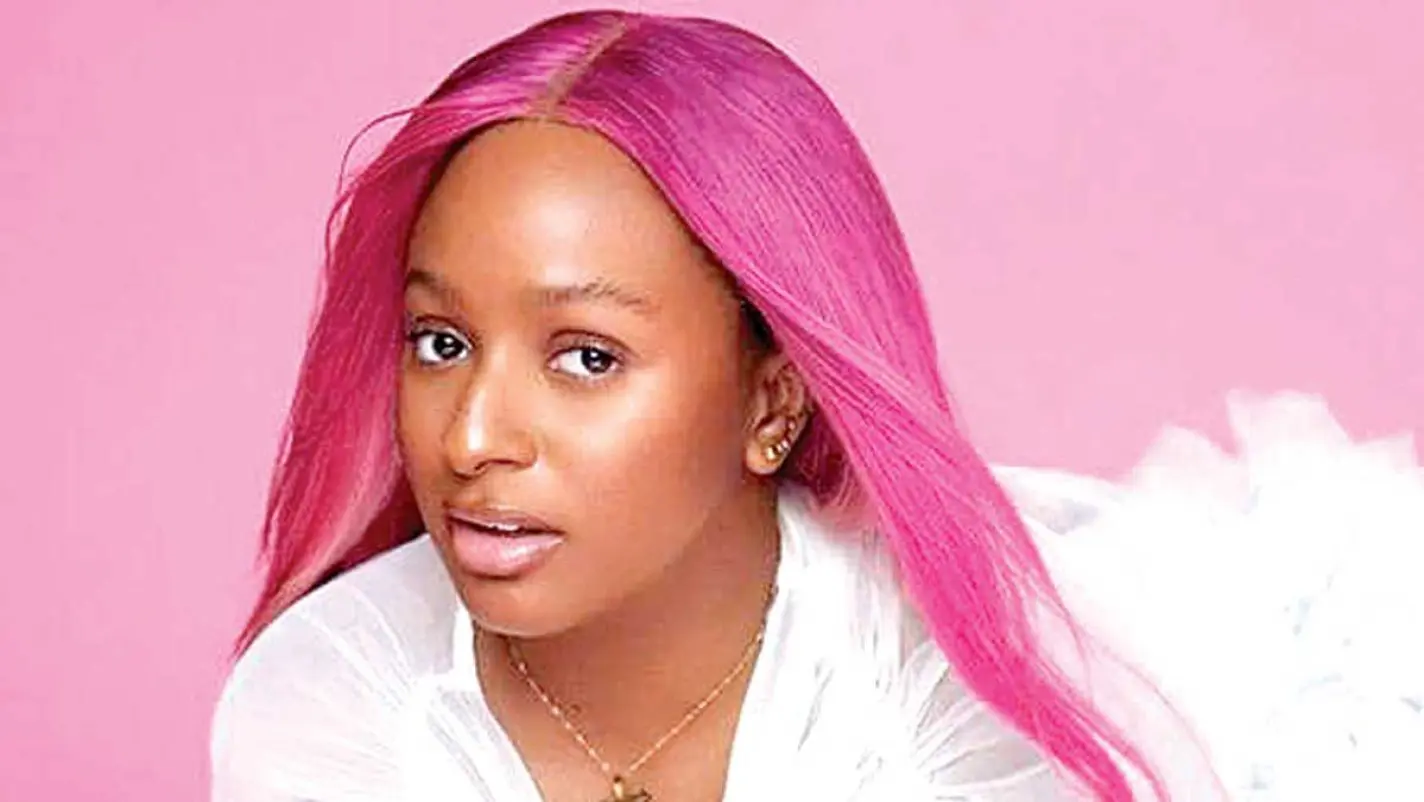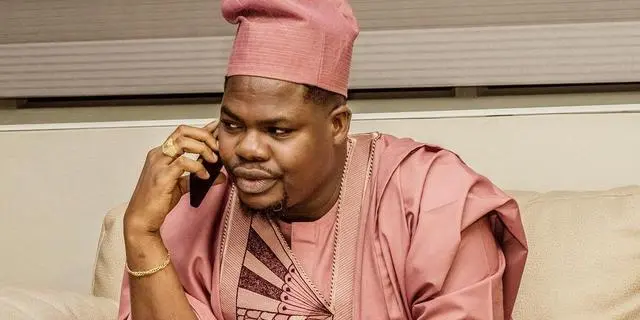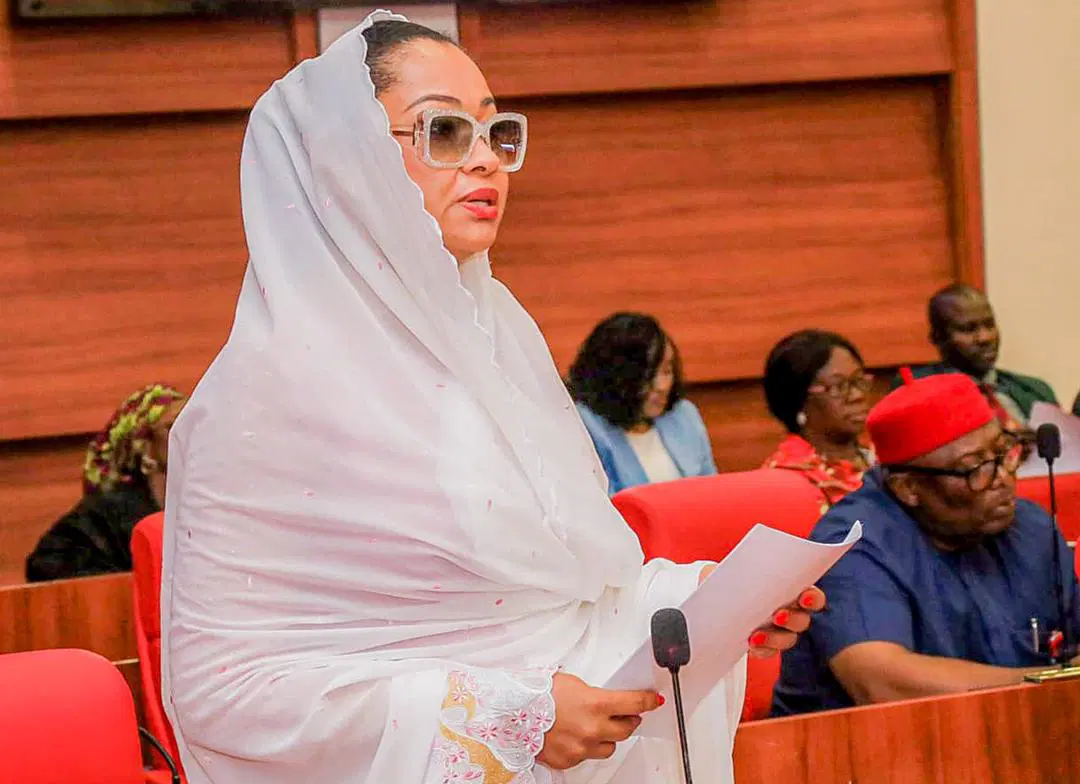Popular Nigerian disc jockey and philanthropist, Florence Otedola, better known as DJ Cuppy, has expressed optimism that Nigeria will one day elect its first female President and Vice President.
Her comments come in response to the recent political milestone achieved by Namibia, which has become the first African country to have both its President and Vice President as women. Cuppy, known for her vocal support of women’s empowerment and gender inclusivity, took to social media to celebrate the achievement, describing it as a beacon of hope for female leadership across Africa.
Namibia’s Groundbreaking Political Milestone
On Monday, March 25, 2025, Netumbo Nandi-Ndaitwah was officially sworn in as Namibia’s first female President, marking a historic moment for the Southern African nation. She took over leadership following a decisive electoral victory in 2024, succeeding Hage Geingob, who had served as President since 2015.
Her Vice President, Lucia Witbooi, was also sworn in alongside her, making Namibia the first African country to have a female President and Vice President leading simultaneously. This development has been widely celebrated as a major step forward for gender representation in African politics, inspiring conversations about the possibilities of similar progress in other nations, including Nigeria.

Reacting to this, DJ Cuppy posted on her X (formerly Twitter) handle, stating:
“Namibia just made history.
Africa’s FIRST country with BOTH a female President AND female Vice President.
Maybe there’s hope for Nigeria one day after all…”
Her statement quickly gained traction, sparking debates among Nigerians on social media about the state of female political participation in the country and the barriers women face in reaching top political offices.
Nigeria’s Struggle with Female Leadership
Despite being Africa’s largest democracy and one of the continent’s most politically influential nations, Nigeria has never had a female President or Vice President in its 64 years of independence. Women in Nigerian politics have historically faced numerous barriers, including cultural biases, systemic gender discrimination, lack of party support, and financial constraints.
Although several female politicians have contested in presidential elections—most notably Sarah Jibril, who was Nigeria’s first female presidential candidate in 1992, 1998, and 2003, and Oby Ezekwesili, a former Minister of Education and an advocate for transparency in governance—none have come close to winning the presidency.
Similarly, no woman has ever been elected as Vice President in Nigeria, despite the increasing number of women engaging in politics at various levels. The 2023 general elections saw an increase in female candidates running for public office, yet only four women were elected as senators out of 109 seats in the National Assembly, and less than 5% of all elected officials were women.
Why Women’s Representation in Leadership Matters
Advocates for gender inclusivity in governance argue that having more women in leadership positions brings about inclusive decision-making, economic progress, and better social policies. Studies have shown that countries with a higher percentage of female leaders tend to prioritize healthcare, education, and gender-based reforms, which contribute to national development.
Namibia’s achievement has therefore been viewed as a wake-up call for other African nations to remove systemic barriers that prevent women from attaining leadership positions. Many political analysts have pointed out that for Nigeria to achieve this milestone, there must be intentional reforms, including:
-
Electoral reforms that promote equal representation of women in political parties and elections.
-
Stronger political will from male leaders to support female candidates for top offices.
-
Increased political funding and sponsorship for women in politics to level the playing field.
-
Awareness campaigns to challenge long-standing cultural and societal beliefs about women in leadership.
Can Nigeria Achieve This in the Near Future?
While DJ Cuppy’s optimism is shared by many, some political observers argue that Nigeria still has a long way to go before achieving gender parity in governance. The country’s political landscape remains heavily male-dominated, and deeply ingrained patriarchal structures make it difficult for women to rise to the highest levels of power.
However, there is hope. The growing women’s empowerment movement in Nigeria, alongside the global push for gender equality, suggests that change is on the horizon. More Nigerian women are stepping into leadership roles, advocating for policy changes, and actively engaging in the political process.
If Namibia can achieve this milestone, it raises an important question: “Why not Nigeria?”
A Hopeful Future for Female Leadership in Nigeria
While the reality of a female President or Vice President in Nigeria may still seem distant, DJ Cuppy’s statement has reignited an important conversation. Namibia’s historic achievement serves as a reminder that change is possible when women are empowered, supported, and given equal opportunities to lead.
Read also: Interstate Child Trafficking Syndicate Busted in Abuja
If Nigeria is to follow in Namibia’s footsteps, political stakeholders, civil society, and the electorate must actively work towards creating an inclusive political environment where women can thrive.
As the world watches, perhaps the dream of seeing Nigeria’s first female President and Vice President is not as far-fetched as it once seemed. The question remains: Who will be the Nigerian woman to break the glass ceiling?
Only time will tell.
















Got a Questions?
Find us on Socials or Contact us and we’ll get back to you as soon as possible.